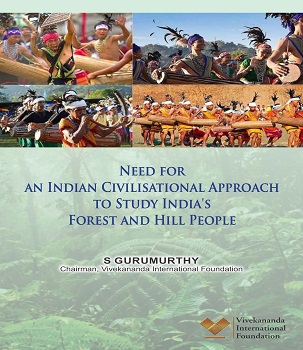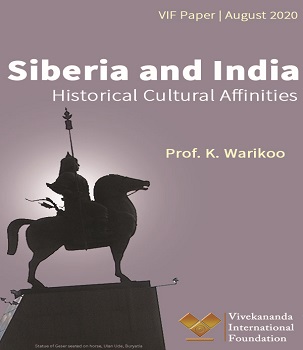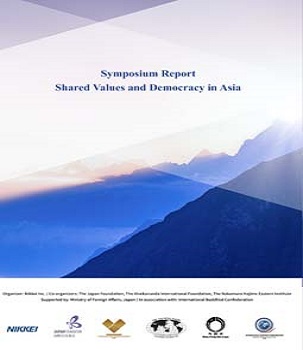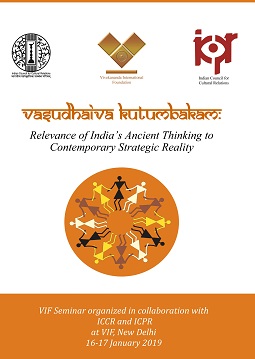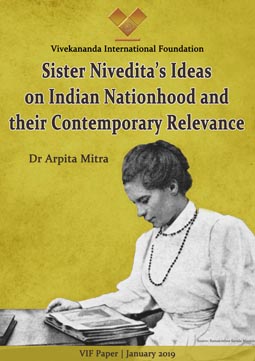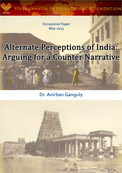Asia’s economic and geopolitical rise in the last decade is powering a civilisational consciousness across the world earlier dominated by political and economic ideologies of the post-World War II period. Even Communist China, which had sworn to destroy its own civilisational consciousness during the Cultural Revolution in the 1960-70s, is now recalling and talking about its antiquitous civilisation of thousands of years not only with pride, but also as a guide for the future.
India and Eurasia have had close social and cultural linkages, as Buddhism spread from India to Central Asia, Mongolia, Buryatia, Tuva and far wide. Buddhism provides a direct link between India and the peoples of Siberia (Buryatia, Chita, Irkutsk, Tuva, Altai, Urals etc.) who have distinctive historico-cultural affinities with the Indian Himalayas particularly due to common traditions and Buddhist culture. Revival of Buddhism in Siberia is of great importance to India in terms of restoring and reinvigorating the lost linkages.
The international symposium “Shared Values and Democracy in Asia” was being held as the fourth symposium of a pair of Japan-India conferences. The first symposium was held in India in 2015. In 2016, the second symposium was held in Tokyo. The third symposium was held in Myanmar in 2017. This symposium was planned and organized for the purpose of discussing and trying to find a common thread of core values in Asia that have made many countries in this region embrace democratic systems of government.
The adoption of 21st June as International Day of Yoga by the United Nations General Assembly in 2014, in response to an India-led resolution with a record high number of co-sponsors, was a landmark event. Taking the cue from the Honorable Prime Minister of India, Shri Narendra Modi, it was felt that it is important to mobilise our ancient ideas and use them practically and strategically to build an Indian narrative. Prime Minister Modi has highlighted ancient Indian aphorisms such as ‘Vasudhaiva Kutumbakam’, ‘Sarvajan Hitaya, Sarvajan Sukhaya’ and others on different forums.
… the issue of diversity has been played up in contemporary identity politics to such an extent that it has come to threaten the very fabric of Indian nationhood ... a skewed understanding of the subject perpetuated by the fact that if modern India is in a sense a product of colonial rule, it does not invalidate the reality of eternal Indian nationhood ...
Introduction Descriptions of India and of Hindus that have assumed a dominant position in the discourse on Indian civilisation and culture have mostly been those which have distorted the perception of India. Written and expounded with a clear objective of undermining the Indian self-image and self-estimation, these portrayals of India’s traditions and life are the ones which have largely influenced and shaped the understanding of India not only among generations of colonial administrators who came to India but among Indians themselves.
Pilgrimage – tirtha – is a unique Indian civilisational institution that has fascinated and propelled people over the ages. The current issue of further curtailing the period of pilgrimage to the sacred shrine of Amarnath in Jammu and Kashmir is an occasion to revisit this institution of pilgrimage and to see it within the Indian spiritual, cultural and civilisational framework.

